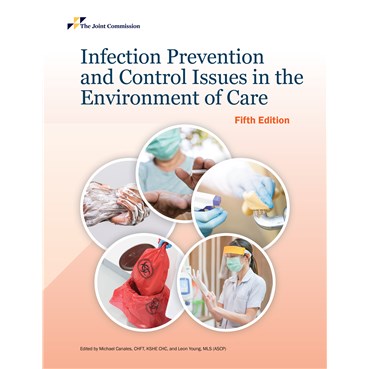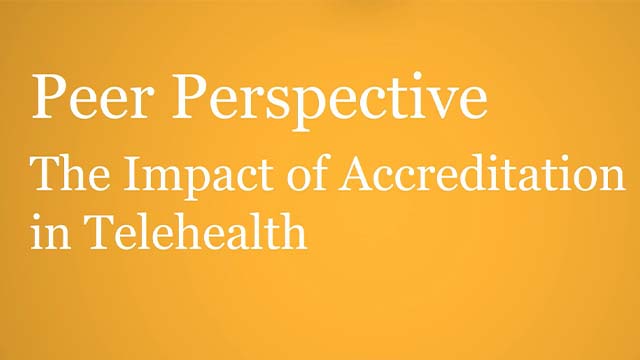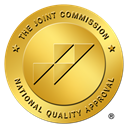Choose the Trusted Name in Behavioral Health Care Quality
Introducing CCBHC-Specific Standards Aligned with SAMHSA Requirements
Coordinated, Comprehensive, Critical - A New Way of Delivering Care
Why Choose The Joint Commission for Your Behavioral Health and Human Services Accreditation?
The Joint Commission Difference
Joint Commission accreditation requirements are grounded in trauma-informed, evidence-based practices to help your organization review and strengthen its policies and practices. They help integrate risk reduction activities into daily operations, often allowing the renegotiation of lower liability insurance rates. Accreditation also improves your use of data and outcomes tracking to help create a culture of excellence based on continuous process improvement.
The Joint Commission's name and reputation for robust standards are recognized and respected across healthcare. The Joint Commission's educative and collaborative surveys are conducted by a small, dedicated cadre of expert, collaborative surveyors supplemented by exceptional customer support and resources.
The Choice is Clear
Supports Quality Care
Expands Reimbursement
Expert Guidance
Exclusive Business Intelligence Tools
Dedicated Support Throughout Your Accreditation Cycle
Got questions? We’ll help you get them answered. While we provide a wealth of convenient online resources and tools, there is simply no substitute for one-on-one support when you need it. You can count on our team to help you through the application process, provide exclusive access to preparation resources, assist you with post-survey activities, and more, with a personal touch.
Ongoing Education and Unmatched Resources
Ready to Get Started?
We're here help you through the process from start to finish. The first step is checking your organization's eligibility for Joint Commission accreditation.








